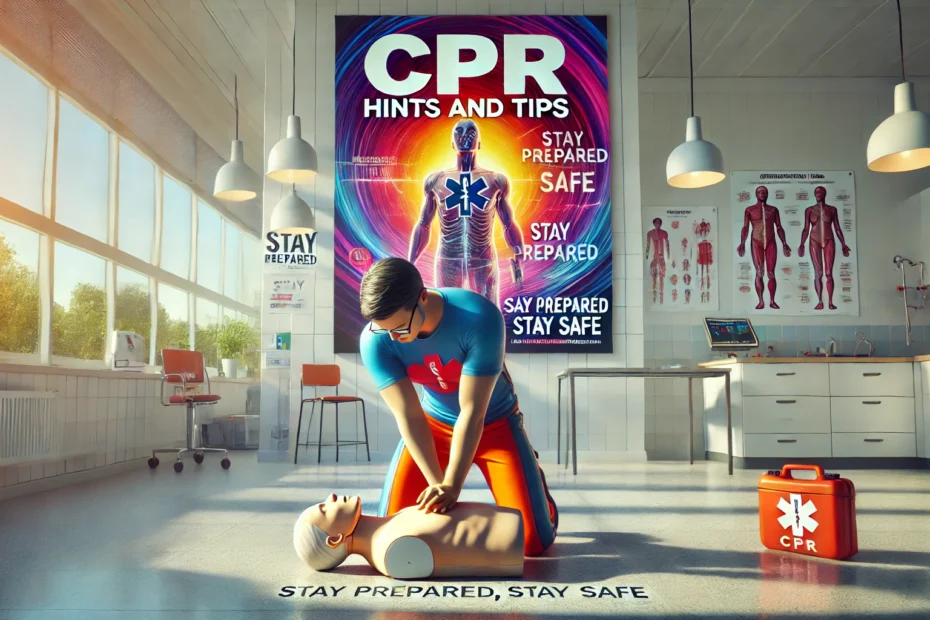In life, we are often faced with situations where the right knowledge and skills can mean the difference between life and death. One of the most valuable skills anyone can learn is CPR (Cardiopulmonary Resuscitation). This life-saving technique can be administered in critical moments, offering someone in distress a chance at survival. In this blog post, we’ll explore why learning CPR is so important and how it empowers everyday people to make a real difference.
Why CPR Matters
Every year, hundreds of thousands of people experience cardiac arrest. According to the American Heart Association, about 350,000 cardiac arrests happen outside of hospitals in the U.S. alone. Without immediate medical intervention, the survival rate for these individuals is grim. This is where CPR comes in. When CPR is performed promptly, it can double or even triple a person’s chances of survival.
CPR helps maintain vital blood flow to the brain and organs until professional medical help arrives. It’s a bridge to life, ensuring that oxygen continues to circulate through the body, preventing brain damage and keeping the heart viable. Learning CPR can turn an ordinary bystander into a hero in a moment of crisis.
CPR for All: A Universal Skill
One of the most remarkable aspects of CPR is that anyone can learn it. You don’t need to be a doctor, nurse, or medical professional to perform CPR effectively. Many local organizations, hospitals, and community centers offer CPR certification courses that teach these essential skills in just a few hours.
Parents, teachers, coaches, and even teenagers can benefit from CPR training. Having these skills allows you to step in and potentially save the life of a loved one, a co-worker, or even a stranger. In fact, many cardiac arrest cases occur at home, so learning CPR can directly benefit your family and household.
The Impact of Prompt Action
Cardiac arrest can happen suddenly, without warning, and in any location. In these moments, every second counts. Studies show that for every minute that passes without CPR, the chance of survival decreases by 7-10%. With this in mind, knowing how to perform CPR quickly and confidently can significantly impact the outcome for someone in distress.
While waiting for paramedics to arrive, performing CPR can keep the person alive, increasing their chances of a full recovery. It’s a powerful reminder that acting swiftly and knowing what to do in those critical moments can truly save a life.
Spreading Awareness and Taking Action
One of the greatest challenges surrounding CPR is awareness. Many people don’t realize how simple it is to learn or how effective it can be. By encouraging others to get trained, we can create a community of individuals who are prepared to respond to emergencies. Schools, churches, and workplaces can all play a role by offering CPR training sessions or resources to their members.
You don’t have to wait for an emergency to make a difference. By learning CPR, you’re preparing yourself to offer help at a moment’s notice, ensuring that you’re ready to be someone’s lifeline when they need it most.
Conclusion
CPR is more than just a skill—it’s a way to protect those around you and to be a source of help in critical, life-threatening moments. Whether it’s for a loved one or a stranger, learning CPR is a small investment of your time that could lead to saving a life. Let’s make it our mission to spread awareness and ensure more people are equipped with this essential, life-saving knowledge.
If you’re ready to take the next step and become CPR certified, visit Delphi CPR Training Center for more information. Their courses will equip you with the knowledge and confidence to act in an emergency, ensuring you’re prepared to be the help someone desperately needs.

